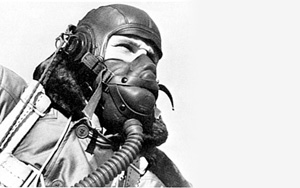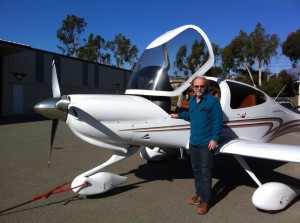As you might imagine, when others talk about the gifts of cancer, after a brief moment of wanting to punch them in the nose, I merely think, ‘Sorry, buddy, but you can take that back to whatever store you bought it from. This gift is one of which I am not worthy!’
I would rather struggle to learn how to appreciate each moment from the vantage point of someone entirely carefree when it comes to knowing what the cells in his or her body might be doing. Yet it is a gift I have no choice in receiving; it is the feral cat continually scratching at the screen door insisting on being adopted. There’s just no way of ignoring it.
It’s not the physical pain, at least not for me right now, that is so intolerable. I grew up with migraines, the pain at times being great enough to bring me close to losing consciousness. When you’ve had it before, when you know there is an endpoint, it can be tolerated. On the other hand, when physical suffering signals a speeding up of life’s train toward the wall at the end of the tunnel, there is an added dimension of anxiety—no—terror, that does feel unbearable.
The gift of cancer is captured in the cliché that we are all on borrowed time. Life is fleeting; it doesn’t belong to us in the sense that ultimately nothing does. It belongs to Someone Else, someone who can be known or unknown. We are left with the sense that the only real choice is how we want to treat this gift of impermanence, how we want to care for someone else’s possession.
There is nothing– perhaps other than the loss of a loved one, which compares with having to confront one’s own demise in setting off the alarm on the clock of borrowed time. The notion of living on borrowed time becomes a silent, gnawing guest that accompanies you everywhere. The things that one momentarily feels must be done today take on both an added urgency and a subtracted urgency; does it really matter if we make the appointment with the dog groomer today or tomorrow?
But then there are the things that one momentarily feels are unnecessary but upon another moment’s reflection do matter in the light of shrinking tomorrows. Saying “I love you” to someone in a way that is brimming with meaning and not a stale throwaway jumps to the top of the to-do list. Apologizing for past hurts, expressing gratitude to those who are fortunate to be alive and capable of deriving meaning from our words; these acts become the new markers for borrowed time well spent.
Certainly, time will be spent whether it is borrowed or owned. Most of us live as if we owned it. We control what we do with it in whatever determined way we choose to, we respect it or disrespect it, value it or not, because it is ours and not someone else’s. But if we lived differently, with a sharp awareness that our time on earth is lent to us by someone who might choose to underhandedly take it back, how might our lives change?
That is not to say that all of us treat that which we do borrow as precious. One can certainly abuse someone else’s goods, and one can also abuse someone else’s time, even when graciously lent. But doing so, I daresay, reflects poorly on our own dignity. It wears away on whatever soul we may have.
There can even be disputes among people regarding what is lent and what is given, what is owned and borrowed. But there can be no dispute about the ultimate end of our lives and the ultimate limit on the time that beats through them. We have no choice about when we enter this world, and with the exception of suicide, no choice about when we leave it. Our only choices are how to spend that which is preciously short. So we are all on borrowed time, like it or not. Whether you manage to measure that time in dollars, days, months, years or minutes, it is not ours to keep. Spend it well.




